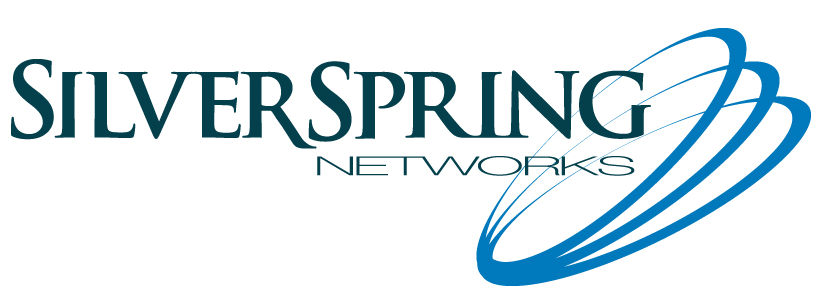 If it wasn’t already, Silver Spring Networks is now the official leader of the smart grid sector. Following success in 2009, it is expected to be the first startup in the space to go public, as early as next year. And now it’s secured $100 million more in equity to continue expanding in the U.S. and overseas.
If it wasn’t already, Silver Spring Networks is now the official leader of the smart grid sector. Following success in 2009, it is expected to be the first startup in the space to go public, as early as next year. And now it’s secured $100 million more in equity to continue expanding in the U.S. and overseas.
This isn’t just good news for the Redwood City, Calif.-based maker of data networking equipment for utilities and smart meters — it’s a positive sign for the entire smart grid market. The recent round of financing was actually oversubscribed. There was more demand to chip in than the company was able to accommodate — a pretty amazing feat during tight economic times, and one that demonstrates how government support and utility progress are soothing investors’ fears.
In addition to institutional investors, including a handful of unnamed mutual fund managers, Silver Spring raised the recent round from its prestigious roster of existing backers, Google Ventures, Kleiner Perkins Caufield & Byers, Northgate Capital and Foundation Capital. These firms had already sunk $150 million into the company before now without seeing any returns. Something big must be brewing for them to continue throwing so much money at the company.
The news also says a lot about which segments of the smart grid will grow the fastest. Meter makers like Itron, Landis+Gyr, and others are doing quite well, while home energy monitor makers like Tendril, OpenPeak, Control4, and EnergyHub battle to survive in a saturated market. But the technology connecting the two might really be where it’s at — companies like Silver Spring installing the infrastructure needed to transmit energy consumption data in real time to utilities and their customers. This field has fewer competitors, with only SmartSynch, Trilliant, Ambient and GridPoint vying for market share, but lacking Silver Spring’s brand recognition.
June 5th: The AI Audit in NYC
Join us next week in NYC to engage with top executive leaders, delving into strategies for auditing AI models to ensure fairness, optimal performance, and ethical compliance across diverse organizations. Secure your attendance for this exclusive invite-only event.
And this business has yet to really lift off. Almost every major utility in the U.S. has plans to roll out millions of smart meters to their coverage areas in the next several years. All of these meters will need to be connected to a data network in order to count as “smart.” Silver Spring has already landed contracts with a number of big names, including Pacific Gas & Electric, Florida Power & Light, Pepco Holdings and American Electric Power. All told, the company has $800 million in deals in the hopper to connect 16 million utility customer. Not too risky a bet for investors.
Silver Spring will use its new equity to add more utilities to this list and grow its toehold presence in Australia. But it won’t just expand geographically. In the last year, it also acquired Greenbox, a home energy monitoring company that allows users to view how much energy they are using and how much they are paying for it — making it a formidable competitor to services like Microsoft Hohm and Google PowerMeter. It wouldn’t be surprising if Silver Spring branched out into even more segments of the smart grid business.
In another significant play, the company partnered with AT&T earlier this month, enabling utilities that are clients of Silver Spring to use AT&T’s wireless networks for data transfer. Earlier this year, AT&T made similar agreements with Silver Spring competitors SmartSynch and Itron. Silver Spring had drawn some criticism that its model of using only proprietary networks for data transmission would eventually hit a dead end. Now that it has AT&T’s public networks in its pocket, it seems to have successfully backed its way out of that corner.
So now, with few hurdles in its way, the obvious question remains: When will it see a lucrative exit? IPO rumors have certainly been swirling, aided in part by CEO Scott Lang, who let slip that a public sale might be imminent, and that the company wouldn’t be taking any acquisition offers. That said, at VentureBeat’s smart-grid focused GreenBeat conference in November, Accel Partners’ Peter Wagner suggested that it might be an opportune buy for Cisco Systems, which has been making a lot of noise about delving even deeper into the smart grid arena.
